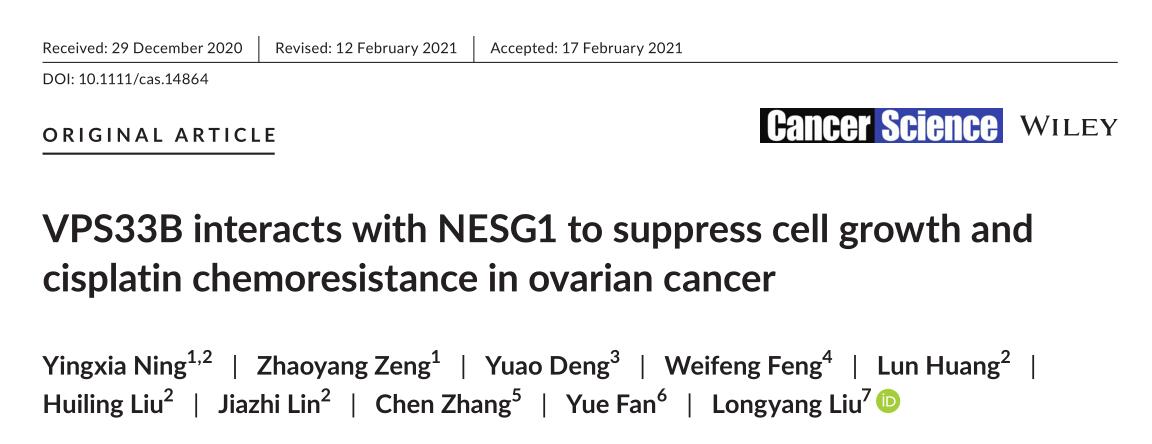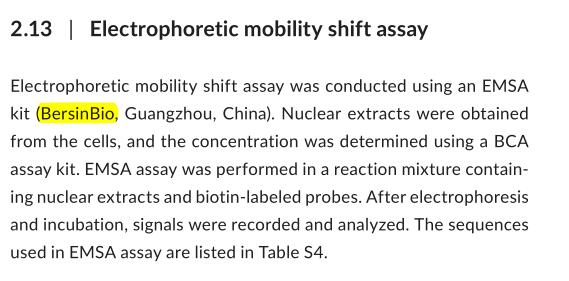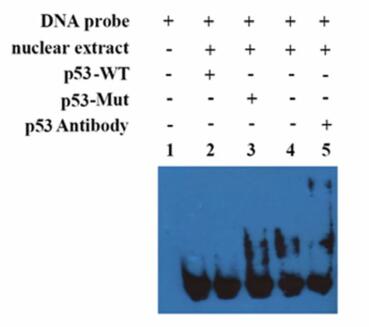
摘要
The pathogenesis and cisplatin chemoresistance of ovarian cancer (OC) are still unclear. Vacuolar protein sorting-associated 33B (VPS33B) has not been reported in OC to date. In this study, immunohistochemistry was used to detect VPS33B protein expression between OC and ovarian tissues. MTT, EdU, colony formation, cell cycle, in vivo tumorigenesis, western blot, ChIP, EMSA, co-immunoprecipitation (CoIP), qRT-PCR, and microconfocal microscopy were used to explore the function and molecular mechanisms of VPS33B in OC cells. The results of the present study demonstrated that VPS33B protein expression was obviously reduced in OC compared with that in ovarian tissues. Overexpressed VPS33B suppressed cell cycle transition, cell growth, and chemoresistance to cisplatin in vitro and in vivo. Analysis of the mechanism indicated that overexpressed VPS33B regulated the epidermal growth factor receptor (EGFR)/PI3K/AKT/c-Myc/p53/miR-133a-3p feedback loop and reduced the expression of the cell cycle factor CDK4. Nasopharyngeal epithelium-specific protein 1 (NESG1) as a tumor suppressor not only interacted with VPS33B, but was also induced by VPS33B by the attenuation of PI3K/AKT/c-Jun-mediated transcription inhibition. Overexpressed NESG1 further suppressed cell growth by mediating VPS33B-modulated signals in VPS33B-overexpressing OC cells. Finally, NESG1 induced VPS33B expression by reducing the inhibition of PI3K/AKT/c-Jun-mediated transcription. Our study is the first to demonstrate that VPS33B serves as a tumor suppressor, and VPS33B can interact with NESG1 to suppress cell growth and promote cisplatin sensitivity by regulating the EGFR/PI3K/AKT/c-Myc/p53/miR-133a-3p feedback loop in OC cells.
合作部分结果


伯信合作技术:RNA-EMSA
原文链接: 10.1111/cas.14864




